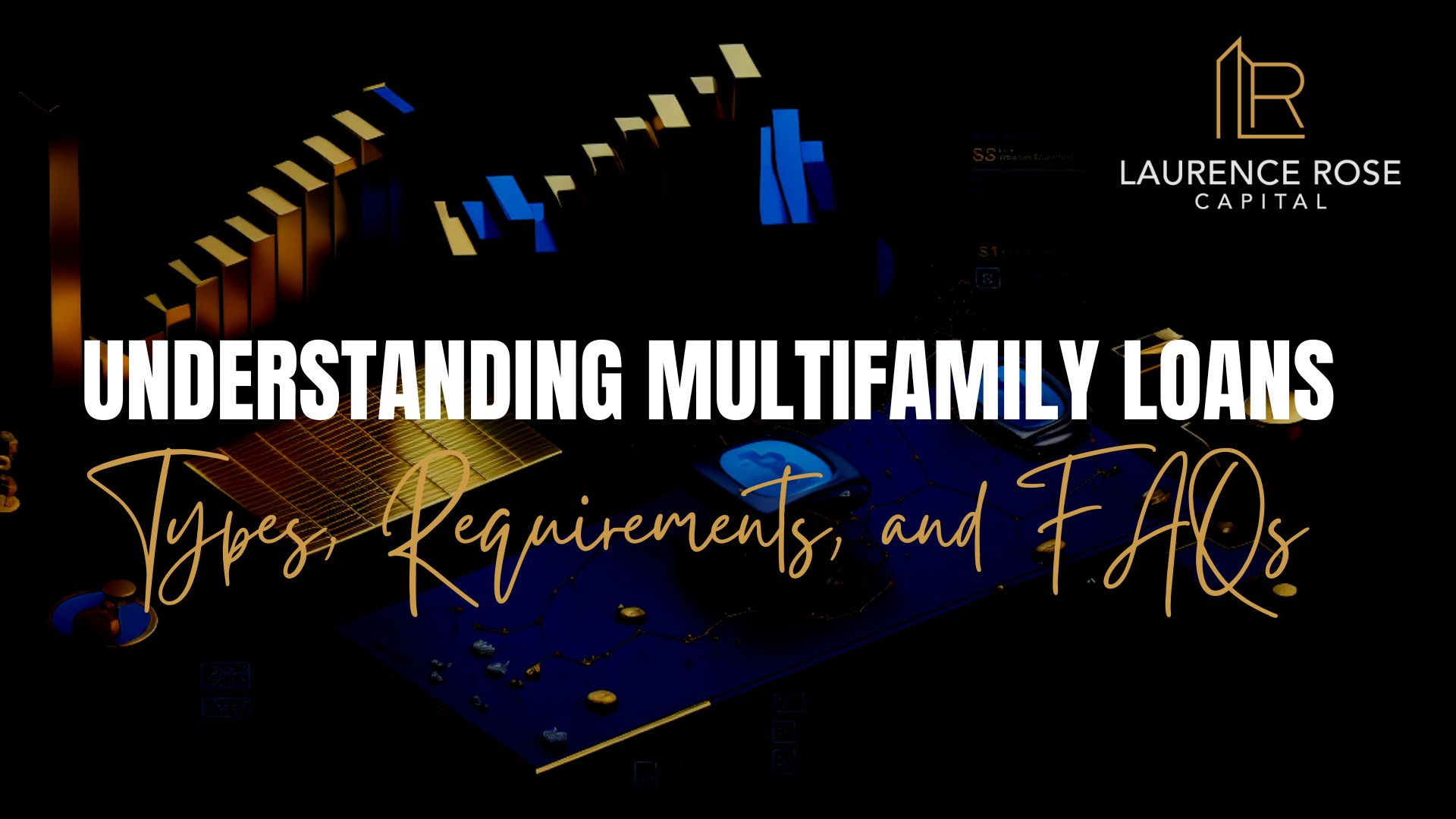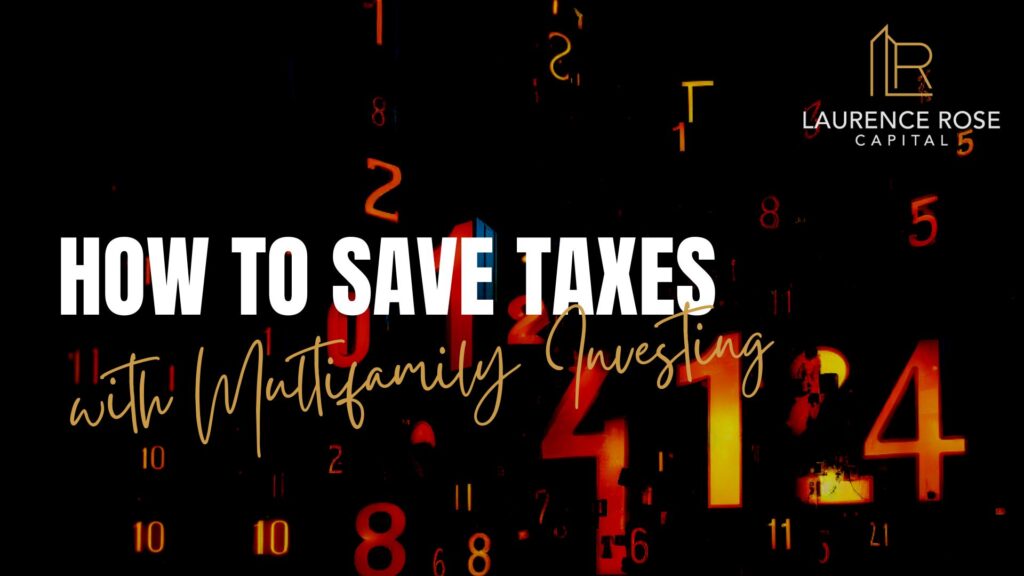Investing in multifamily properties can be a lucrative venture, but it often requires significant capital. Multifamily loans are financial instruments designed to help real estate investors acquire and manage apartment buildings, duplexes, and other multifamily residential properties. In this article, we’ll explore how multifamily loans work, the types available, the requirements to obtain them, average Loan-to-Value (LTV) ratios, and answer common FAQs.
How Do Multifamily Loans Work?
Multifamily loans provide investors with the funds needed to purchase, refinance, or renovate multifamily properties. These loans typically have longer terms than traditional residential mortgages, ranging from 5 to 35 years, and come in various forms to suit different investment goals.
Types of Multifamily Loans
- Conventional Multifamily Loans: Offered by traditional lenders like banks and credit unions, these loans are ideal for investors with strong credit and substantial down payments. They typically have competitive interest rates and terms.
- FHA Multifamily Loans: Insured by the Federal Housing Administration (FHA), these loans are designed to encourage the construction and rehabilitation of affordable rental properties. They often offer favorable terms and lower down payment requirements.
- VA Multifamily Loans: Similar to FHA loans, the Department of Veterans Affairs (VA) offers multifamily loans to veterans, active-duty service members, and their spouses. VA loans can be used to purchase, refinance, or build multifamily properties.
- Commercial Multifamily Loans: Provided by commercial lenders, these loans are suitable for investors looking to finance larger multifamily properties or those with more complex investment strategies. They often have higher interest rates but can accommodate substantial projects.
- Portfolio Loans: Offered by some banks, portfolio loans allow investors to finance multiple properties with a single loan. This can be advantageous for those looking to expand their multifamily real estate portfolio.
Multifamily Loan Requirements
Obtaining a multifamily loan involves meeting specific criteria, which can vary depending on the lender and loan type. However, some common requirements include:
- Credit Score: Lenders typically require a credit score of 660 or higher, though some FHA loans may accept lower scores.
- Down Payment: Down payment requirements vary but can range from 15% to 25% of the property’s purchase price. FHA and VA loans often have lower down payment options.
- Debt-Service Coverage Ratio (DSCR): Lenders assess the property’s ability to generate sufficient income to cover mortgage payments. A DSCR of 1.25 or higher is typically required.
- Documentation: Be prepared to provide financial documents such as tax returns, bank statements, and a detailed business plan for the property.
Average LTV for Multifamily Housing
The Loan-to-Value (LTV) ratio is a critical factor in multifamily lending. It represents the percentage of the property’s appraised value or purchase price that the lender is willing to finance. The average LTV for multifamily loans typically ranges from 65% to 80%. FHA and VA loans often offer higher LTV ratios, sometimes reaching 97.5% for qualified borrowers.
Highest LTV for Multifamily Loans
The highest LTV ratios are usually available through government-insured programs like FHA and VA loans, which can go as high as 97.5%. However, these high LTVs often come with stricter eligibility requirements.
FAQs Answered on Multifamily Loans
1. Can I use multifamily loans to purchase a duplex?
Yes, multifamily loans can be used to purchase duplexes, triplexes, and fourplexes, which are considered residential multifamily properties.
2. What is the typical interest rate for multifamily loans?
Interest rates can vary based on market conditions, the type of loan, and your creditworthiness. On average, multifamily loan interest rates range from 3% to 7%.
3. How can I improve my chances of qualifying for a multifamily loan?
To increase your eligibility, work on improving your credit score, have a solid business plan, and be prepared to make a substantial down payment.
4. Can I use rental income to qualify for a multifamily loan?
Yes, rental income from the multifamily property can often be used to qualify for a loan. Lenders typically assess the property’s potential income using a DSCR calculation.
5. Are there prepayment penalties on multifamily loans?
Prepayment penalties can vary depending on the loan terms and the lender. Some loans may have prepayment penalties for a certain period, while others may offer more flexibility.
In conclusion, multifamily loans play a vital role in helping real estate investors acquire and manage multifamily properties. By understanding the types of loans available, meeting the necessary requirements, and exploring financing options, investors can take advantage of the opportunities presented by the multifamily real estate market. Remember to conduct thorough research and consult with a financial advisor or lender to determine the best financing strategy for your multifamily investment goals.







